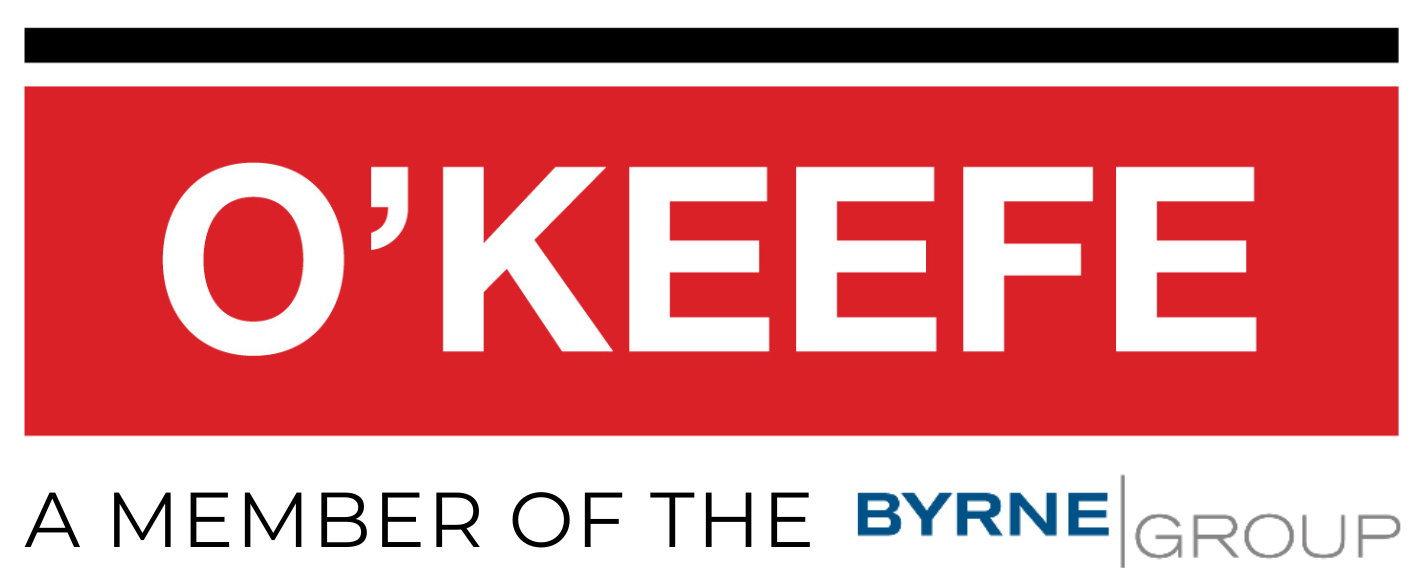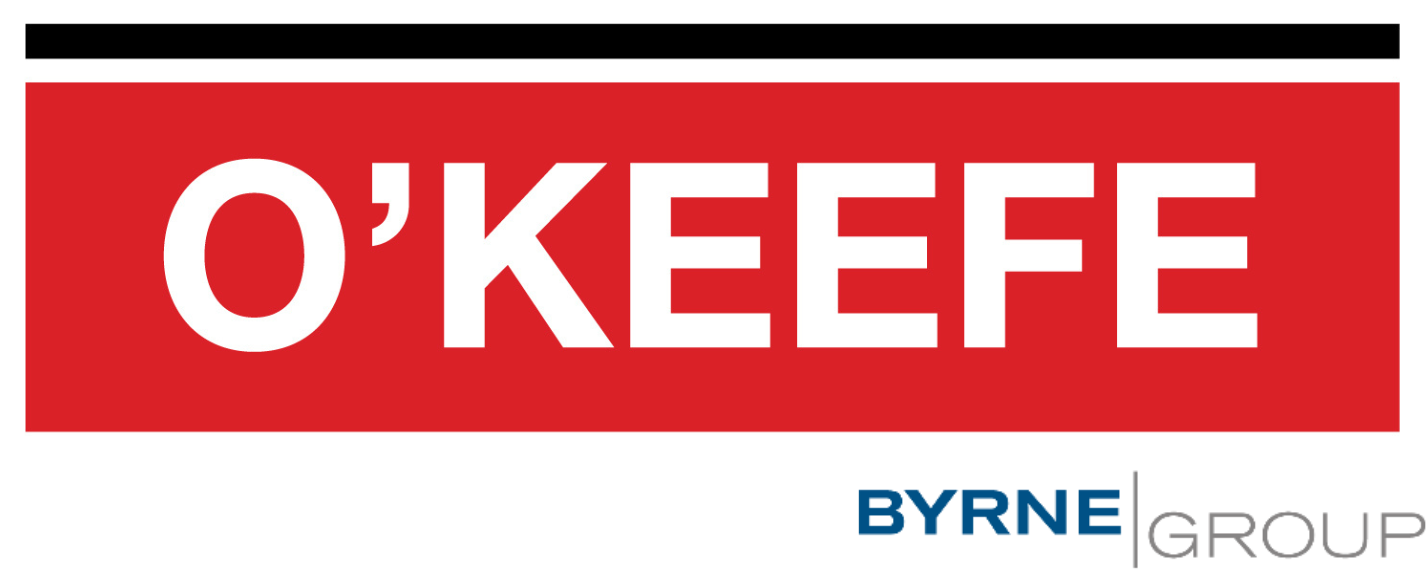International Women’s Day 2023 ‘#EmbraceEquity’
Frances Dixon joined O’Keefe just after International Women’s Day 2022.
A graduate of the University of East London, with a First Class Honours degree in Civil Engineering, she started her 16-year career in construction with Balfour Beatty.
Now 34, and a project manager with O’Keefe, we sat down with Frances to reflect on her experiences within the construction industry and in relation to the “Embrace Equity” theme of International Women’s Day 2023.
Tell us where it all began, where and what was your first job in construction?
I first started working for Balfour Beatty Living Places in my gap year, but I stayed with the company for nearly eight years. I started out designing footway upgrades and improvements before moving into the operational delivery side of the business.
Was construction your first choice for a career and was there any in particular that inspired you to work within the industry?
I was 16 when I knew I wanted to study engineering. I always enjoyed practical, hands-on activities when I was younger and saw engineering as a great opportunity to combine this with technical knowledge. This shaped my decisions and allowed me to pursue a career I’ve enjoyed ever since.
How do you think the industry has changed regarding opportunities for women since you have been working in it?
Since I joined the industry in 2007, I’ve certainly seen an increased number of women working in site-based roles, although there is still a huge way to go before it becomes the norm. There are still assumptions and generalisations made on site about the role you’re carrying out and your capability and knowledge, but many more companies are promoting diversity throughout all roles.
What do you think would help to attract more women into the construction industry?
I think more information needs to be readily available regarding the diversity of career choices within the industry. I would like to see more work done in primary schools to try and promote the industry as a diverse career choice from a much younger age and there needs to be more focus on women returning to the industry after a career break. The industry can change rapidly in a year, so it’s essential that they have the support to return and help guide other women through the same process. This might include introducing flexible working more widely which may better suit women returning.
In your opinion, what do you think the construction industry can do to start to change its mindset from Equality to Equity?
I think we need to better understand the needs of the individuals coming into the industry and ensure there are opportunities available for every one of them. This will then make the industry a more attractive proposition for everyone and allow the industry to grow. We need to step away from equality being a tick box exercise and equity being the norm.
What are the benefits of working for a company like O’Keefe?
The range of knowledge in the company allows you to develop yourself in your role, as well as having the support to challenge yourself. There are always people available to answer any questions you might have and guide you down the right path. Without such people by your side the job would be a lot harder. I am lucky to have had great mentors at each company I’ve worked for, who have helped to shape my career and have always been available as a sounding board. Their advice and guidance have been instrumental in shaping my career into what it is today.
Can you tell us more about the type of projects you work on?
I have worked on a variety of hard and soft landscaping projects in and around London. My current project for O’Keefe is the new state of art Sky Studios which includes all the external works to a new film studio in Borehamwood. We have to install the new utility ducting and chambers, build up the ground and install concrete yard slabs in preparation for filming. We will also carry out the hard landscaping in the plaza, making it an attractive area for people to visit and relax.
And what is a typical day in the life as a project manager like on your current project?
One of the things I enjoy most in the construction industry is that no two days are the same and you never quite know what to expect.
I typically get to site early to ensure everyone has everything they need for the day ahead and the morning briefing can be delivered to everyone working on the site. The day can then take a variety of shapes but will included some, if not, all of the following:
Site walks to review progress, resolve any issues, engage with the workforce to answer their questions and provide feedback
Internal meetings to discuss progress and any health & safety, commercial or quality issues
Client meetings to review progress and raise any concerns, including looking ahead to the following week’s work
Review design drawings to identify any issues that may arise in the next two to four weeks of work
Review the construction programme to see if we’re on schedule, and if not, what we can do to get this time back
Monitor health & safety on site to ensure we’re not only meeting our legal obligations but ensuring everyone goes home safely. This is a particular focus for O’Keefe.
What training and further qualifications are available for those wanting a career in construction?
An impressively huge range of training courses and qualifications are available in the construction industry, depending on the direction you want your career to take. There are also professional qualifications which can be obtained through bodies such as the Institute of Civil Engineers. The beauty of the construction industry is the diversity of career choice available and the ability to switch between the different options.
And lastly, what is the best advice you were given, and what advice would you give to women thinking about working in the construction sector?
Don’t spend your time worrying about what people think of you - perform to your best every day and that will speak for itself.



